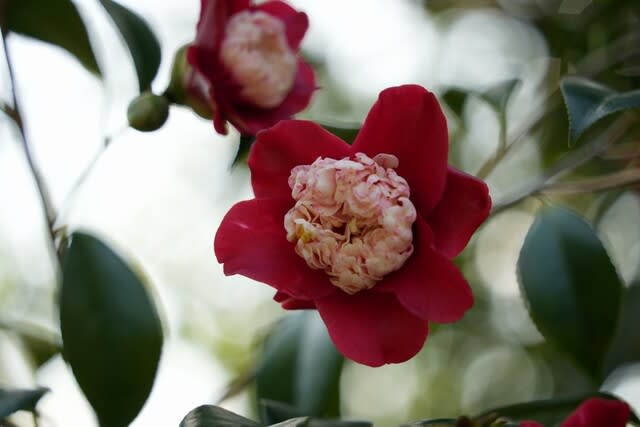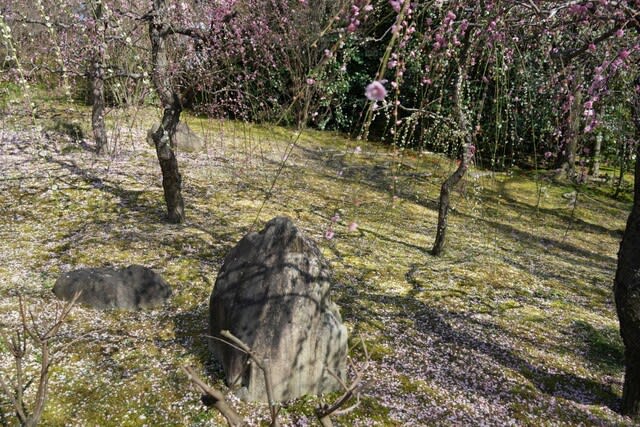The book is a dialogue between Mr. Masahiro Miyazaki, who could be described as the Tadao Umesao of today, and Mr. Seki-Hei, one of the leading Chinese experts.
It is a must-read not only for Japanese citizens but also for people around the world.
p34-p39
Resentment over "Misinformation in Textbooks" Exposed by Unification Association Newspaper
Miyazaki
China's methods were very cunning; instead, they had a certain amount of subtlety of human feelings.
They are not very sophisticated, but they can use both candy and whips, or instead, they can use both teasing and threats.
He can use honey traps as much as he wants.
It is the same as how the Yakuza do things (smiles).
Seki-Hei
The problem is that the good-natured Japanese have become suckers.
They eat the candy and accept the whip as it is.
If the Japanese media reported that the Japanese junior high school history textbooks had changed the word "invasion" to "advance" into China, as I just mentioned, China would complain to the Japanese government.
There was a time when they pressed for a correction, saying that it was an invasion by the Japanese military, not an advance.
But, in fact, the press club member companies misreported the story based on an NTV reporter's interview, and none of the textbooks were changed to "advance.
Nevertheless, the Japanese government poorly drafted the "Neighboring Countries Clause," which states that "necessary consideration shall be given, from the standpoint of international understanding and cooperation to the treatment of modern and contemporary historical events in question with neighboring Asian countries.
In writing their own textbooks, they pay attention to neighboring countries.
Such a provision is a story that no country can tell.
Why is it necessary to receive the wishes of neighboring countries when creating textbooks for our own country?
Miyazaki.
It became such a big deal because of misinformation in the Japanese media.
It was the same composition as the false report of comfort women being moved forcibly by the Asahi Shimbun and others.
The Sankei Shimbun was the only newspaper that correctly apologized for the misinformation.
Many Japanese people still believe that the textbook companies that publish textbooks with such corrections are to blame.
At that time, the critic Tsuyoshi Muramatsu (French literature scholar and professor Emeritus at the University of Tsukuba) went to Beijing and explained that not a single publisher had changed the invasion to advancement, and the Chinese scholars were all surprised. None of the Chinese scholars knew that this was the case.
Misunderstanding begets misunderstanding in the press (misinformation).
It is a typical story of how that misunderstanding accumulated and became a severe problem.
When Mr. Shoichi Watanabe, who, like Mr. Muramatsu, criticized the textbook misreporting case, passed away, the Sankei Shimbun published the following article.
The textbook test "Invasion -> Advance" was a significant misinformation.
Mr. Shoichi Watabe exposed "China and Korea who barked at falsehood."
April 30, 2017, 8:00 a.m. (electronic edition) Hiroshi Watanabe
It was an article in the August 6 (1982) issue of Sekai Nippo that Mr. Watanabe learned was misinformation.
Under the headline "Textbooks that have not changed," the article gave the actual names of the textbook companies and included a list of their descriptions before and after the certification.
Sekai Nippo is a daily newspaper affiliated with the Unification Church (now the Family Federation for World Peace and Unification).
Although its content was diluted, it had many foreign correspondents at the time, was rich in original articles with a solid anti-communist flavor, and had many loyal readers among conservatives who asked questions.
In his book "Asahi Shinbun to Watashi no 40-nen Senso (The Asahi Shimbun and My 40-year War)" (PHP Research Institute), Mr. Watanabe recalls the following: "The publishing mother organization was the Unification Church.
Although the parent organization of the newspaper was the Unification Church, it was a newspaper of high quality at the time, except for a few articles on the Moon Myung Moon issue, and it also followed up carefully on the textbook issue.
But there were no such articles in the major newspapers.
While I was wondering what was going on, I received a call from Gyo Tsutsumi, editor-in-chief of Shokun! Mr. Tsutsumi said, "Someone is looking into this issue," so I decided to see him!"
This article continues.





















